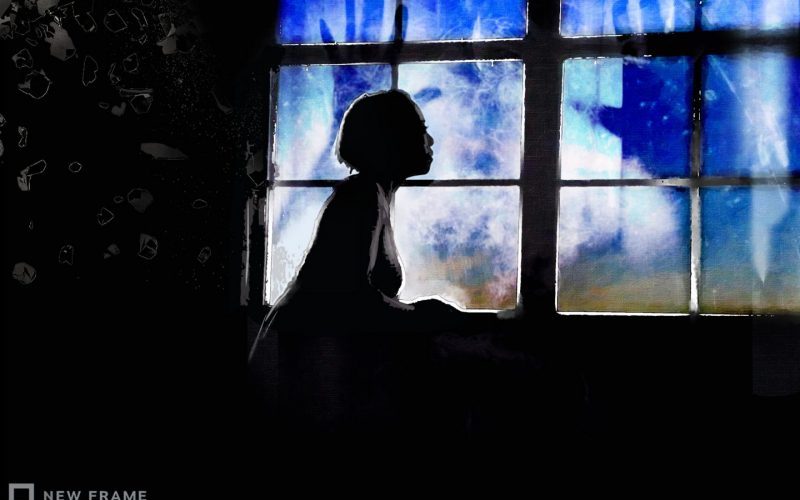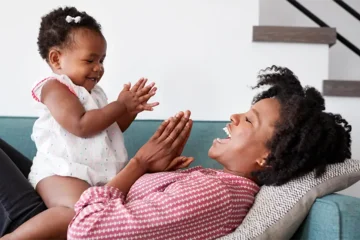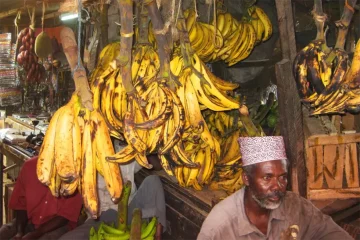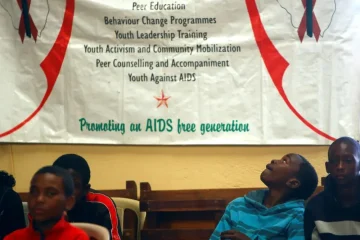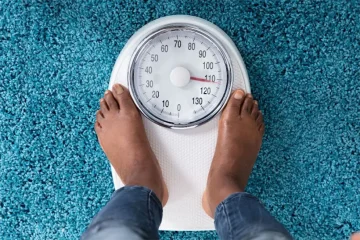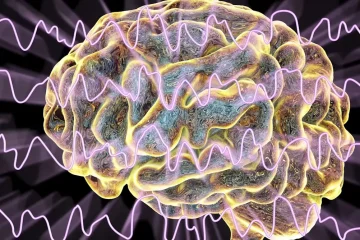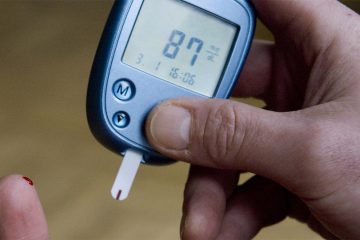The fallout from the Covid-19 pandemic is being felt not only in the growing number of infections but also in an increase in general anxiety and cases of gender-based violence.
“COVID-19 has disrupted everyone’s lives. I am afraid that the lockdown, without work and extracurricular [activities], people have been forced to sit with their thoughts and emotions without a sense of relief,” Lenah Sibisi says. “There’s constant panic and anxiety over the scarcity of jobs and resources.”
Sibisi and Nonhlanhla Dube are the co-founders of the Black Bird Project, a youth organisation that promotes open discussion about social issues in Tembisa on Johannesburg’s East Rand, including issues related to mental health, an often overlooked and silent killer. “After long discussions [between Sibisi and Dube], we realised that mental health [problems] negatively affected ourselves and the people we knew,” Sibisi says.
Following a diagnosis of depression and anxiety in 2019, Sibisi was put on medication. This spurred her into starting an annual mental health awareness dialogue in Tembisa. “The dialogue is meant to challenge beliefs and ideas about mental health. To encourage people to learn, understand and start their own conversations about it. Also, to provide information on where they could go to get help.” Participants include the young and elderly.
Now, the need for interventions and dialogue has become even more acute.
‘Survival mode’
Charity Mkone, a clinical psychologist based in Johannesburg, says: “Covid-19 has placed a lot of people in survival mode. On psychological and emotional levels, people are trying to cope with a number of sudden changes happening around them. A lot of people have had to adjust to working from home. Some people are forced to adjust their budgets. Such massive adjustment puts people in survival mode.”
From a psychological perspective, the pinch will be felt after the Covid-19 lockdown eases, Mkone adds. Her immediate concern is that when people are in survival mode, particularly if they have to deal with financial problems, considering their mental health is the last thing on their minds. “They are unlikely to reach out to others and seek help,” she says.
The pandemic has served to highlight a persistent problem few openly talk about or dare to tackle. “There has always been a stigma regarding mental health. Some people have always viewed it as secondary.”
According to Mkone, common red flags to look out for include a change in behaviour such as over or undereating; sudden anger, irritation or sadness; over or undersleeping; and workaholism. All of these are strategies for coping with anxiety. If you notice a change in yourself or a family member, check in with the individual or contact the South African Depression and Anxiety Group (Sadag) hotline, she says. A counsellor will advise you on what to do.
The Sadag newsletter offers tips on ways to promote good mental health during the coronavirus lockdown, many of which relate to how you interact with social media. “Mute keywords which might be triggering on Twitter, unfollow or mute accounts, mute WhatsApp groups and hide Facebook posts and feeds if you find them too overwhelming,” advises one edition.
Sibisi says that “having a set routine has helped me get a handle on my anxiety and depression”. She suggests creating “a community of friends that can help you”.
Domestic violence and the lockdown
For those stuck at home with an abuser, the dangers are great. The Department of Police has confirmed that cases of domestic violence are on the rise, with 2 300 cases registered in the first five days of the lockdown and 148 suspects charged.
An article in The Guardian newspaper shows how an increase in domestic violence has become a global trend. “Women and children who live with domestic violence have no escape from their abusers during quarantine, and from Brazil to Germany, Italy to China, activists and survivors say they are already seeing an alarming rise in abuse.”
Lumka Oliphant from the Department of Social Development says that 131 abuse survivors were accommodated in shelters between 27 March and 13 April. Operating under the department is the Gender-Based Violence Command Centre (GBVCC), which operates a national 24-hour call centre. “The command centre ensures that the victim is linked with SAPS [the South African Police Service] for support immediately. In cases whereby it is difficult to link the victim with a SAPS police station, the centre is able to elevate the case for an intervention of a SAPS brigadier responsible for the specific area station,” Oliphant says.
“The figures are concerning, but not surprising,” says Given Sigauqwe from non-profit organisation Sonke Gender Justice. “The figures, we anticipated. There is a risk of intimate partner violence escalating during isolation periods as required to prevent the spread of Covid-19. This vulnerability also extends to children, with girls being particularly at risk of sexual violence.
“What is particularly concerning about this recent scourge during these unprecedented times is that gender-based violence itself is a global pandemic and Covid-19 is also global pandemic. Women and other vulnerable groups, therefore, find themselves sandwiched between two pandemics. This leaves women with almost nowhere to go.”
While Sigauqwe lauds the government for its response to the virus, he wants to see as rigorous a response to domestic abuse and gender-based violence. Tackling these issues requires a holistic approach, including making a concerted effort to extract people from abusive situations and house them safely elsewhere, and making sure everyone has access to information regarding services available to those in danger.
Mkone emphasises that a lot has changed in a few weeks and people should be mindful of the effect of these changes on their mental health. “Take things one day at a time. To feel worried, to feel sad, to feel the lack of motivation right now is very normal. It is a normal response to the circumstances that are happening … people should not put pressure on themselves to carry on with life as normal.”
Help is available
Sadag provides support through an online toolkit that includes videos and other resources to hone people’s coping skills. It also provides information on social distancing and self-isolation.
Chat online with a counselor seven days a week from 9 am to 4 pm via the Cipla WhatsApp chat line on 076 882 2775. You can also send an SMS text message to 31393 or 32312 and a counselor will call you back. This service is available 24 hours a day.
Sadag helplines provide free counselling, information, referrals and resources 24 hours a day. Call 0800 21 22 23, 0800 70 80 90 or 0800 456 789, or the suicide helpline on 0800 567 567.
You can also call the national gender-based violence helpline on 0800 150 150, LifeLine South Africa on 0861 322 322 or the national counselling line on 0861 322 322 for help.
The gender-based violence command centre emergency number to phone is 0800 428 428. This is supported with a “please call me” facility by dialling *120*7867#. For people with hearing issues, there is the Skype option Helpme GBV (add “Helpme GBV” to your Skype contacts). People living with disabling medical conditions can use an SMS text message-based helpline on 31531 (SMS the word “help” to 31531). The centre is able to refer calls directly to the SAPS (emergency number 10111) and social workers who can respond to victims of domestic abuse. – This article was first published by New Frame.

